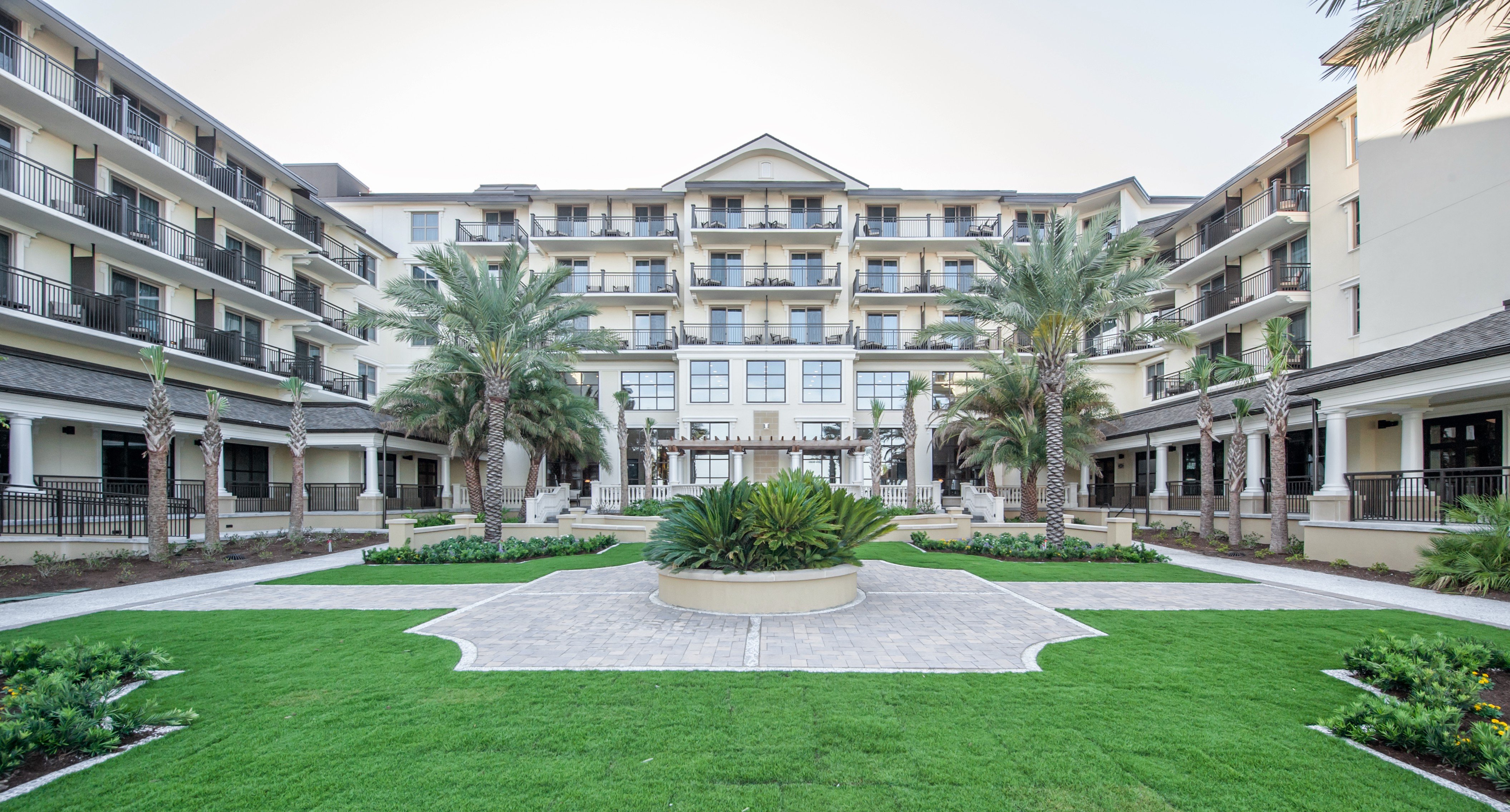One of the industry’s favorite new innovations is keyless check-in, which allows guests bypass the front desk by checking in with their phone and then use their mobile device as a key. While this presents clear improvements to the guest experience by allowing them to potentially skip long lines right as they enter a hotel, what security concerns does it bring with it?
Joshua Williams, director of risk management for Crescent Hotels & Resorts, said that anything directly outside of a hotel’s control can create security concerns. This is especially true of the digital space, but Williams also said brands have been proactive in requesting verification and controlling digital “keys.”
“If I was to steal your phone and use it, I have to verify who I am and provide personal information,” Williams said. “It makes it a bit harder to use and adds security.”
Keyless entry concepts remain an emerging risk for hotels and guests, but Gerry Chase, president and COO of New Castle Hotels & Resorts, said it has always been a concern that has changed form over the years. “The person assigned to a key needs to be the person who is assigned to that room,” Chase said. “Is there an absolute secure way of doing this? No, but there isn’t one for a hard key, either. It may be more secure now than ever before.”
It’s true that stealing someone’s mobile device to access a room is similar to stealing a physical key, but how can hotels prevent this kind of theft? Williams said proper lighting in exteriors and lobbies is crucial to cut down on theft because people tend not to commit crimes when they are easily seen. “It’s always better to have stagnant measures to deter crimes,” Williams said. “Having more security is a nice thought, but they can only act if they see a crime taking place.”

Conversely, Williams is not a fan of cameras as a security option in many areas of the hotel due to implied safety standards that can create additional liability and exposure. He recommends hotels use them at hotel entrances, parking garages and stairwells, but said they have no place in employee break rooms or the fitness center.
“If you have one in a fitness room and a guest has a heart attack and there is no response, you are very liable,” Williams said. “And that’s if the camera is working or is filming. There is a lot of additional upkeep you have to think about.”
